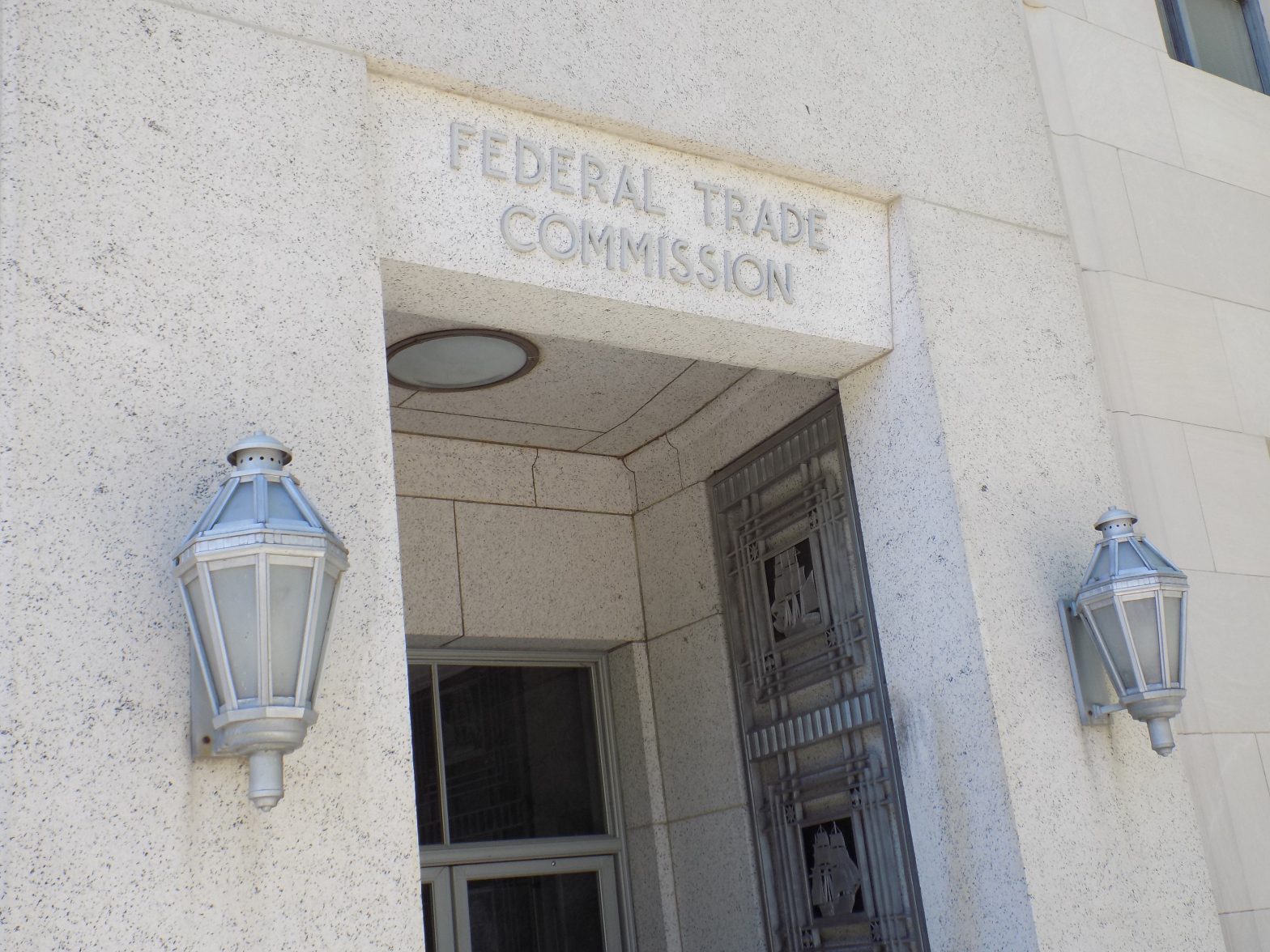The High Cost of Antitrust Populism
COMMENTARY

Imagine a simple blood test that could screen for over 50 types of cancers. This sounds like science fiction. Yet, this breakthrough innovation is on the horizon due to the research and development at Grail, a biotechnology and pharmaceutical company specializing in genetic screening based in Menlo Park, California.
To bring this revolutionary product more quickly and efficiently to market, Grail is reuniting with Illumina, a biotechnology company from San Diego, California, that Grail spun-off from in 2015. This is a “win-win” scenario for both companies and their consumers.
According to the American Cancer Society, in 2021 there were an estimated 1.9 million new cancer cases in the U.S. and, tragically, 600,000 cancer deaths. Early detection and treatment of cancer are critical to saving lives. The social benefits of such a revolutionary discovery are likely in the trillions of dollars.
Unfortunately, this potential innovation is running into opposition from the most unlikely sources — a group of Federal Trade Commission commissioners. They have initiated an internal administrative trial where the thumb is already on the scale against Grail and Illumina.
Rather than recognize the clear efficiency gains from the transaction, the FTC leadership posits that there could be some speculative harm to some hypothetical rival to Grail in a nonexistent market.
The FTC is alleging a “vertical theory” of harm where Illumina will deny key inputs, that is, its genetic sequencing instruments and consumables, to some future, hypothetical competitor of Grail — or, at the very least, offer these inputs at artificially inflated prices.
Under this theory, the FTC acknowledges there is no actual overlap in products between the two companies. Rather, the theory is based on an elaborate guess of some harm down the road while also discounting the likely competition that Illumina will face for its key inputs.
Agency intervention also ignores economic research that consistently finds that most vertical mergers are either pro-competitive or competitively neutral. The FTC leadership is stuck in an unhistorical “win-lose” view of markets.
Indeed, even if the FTC is right, there is a simple fix that would preserve the efficiency gains while protecting potential rivals from this speculative harm: a consent that ensures access to Illumina’s genetic sequencing inputs at market-based prices via binding arbitration. Further, Illumina already has long-term agreements in place that protect its customers.
The problem is that the agency leadership is using companies and consumers as pawns to accomplish their larger objective of reinvigorating antitrust — perhaps looking across the Atlantic Ocean to the more interventionist and regulatory-focused European Union regime.
Rather than encouraging innovation, the agency’s goal seems to be a lot of “me too,” European-style regulation and intervention without evidentiary support.
Yet the facts of Illumina-Grail are inconvenient for the FTC. Without concrete evidence of competitive harm from the deal, the FTC stretches the bounds of credibility and alleges the merger might cause harm someday. Rather than making an example of innovators like Illumina and Grail in pursuit of a flawed policy goal, the agency would better serve its mission of protecting consumers by challenging anti-competitive activity.
The agency’s action against these innovative biotechnology and pharmaceutical companies leverages the virtually unlimited financial resources of the federal government to redirect scarce resources away from productive economic activities. These actions not only hurt Illumina and Grail but many other pharmaceutical startups that often rely on larger companies for exit plans and to efficiently bring their innovations to market.
This is the economic concept of comparative advantage. The FTC’s behavior sets a precedent that any and all mergers between two companies — even if there is no overlap and no actual channel of harm today — will be declared illegal and subject to all the social costs associated with fighting the federal government. Even if the parties win, and they should, the victory could be a Pyrrhic one after the entire appeals process plays itself out.
The FTC’s actions will most likely cause unintended consequences. The FTC will incentivize firms to grow internally, even when it would be more efficient to combine with another company, and to become closed ecosystems.
The FTC’s recent activist policy push to challenge even the most efficient mergers and firm practices will disproportionately end up harming innovation and the resulting social gains.
In sum, there are real costs to the improper use of government authority, and, in this case, the costs extend beyond market efficiencies to affect consumer health.
John Yun is associate professor of law and serves as deputy executive director at the Global Antitrust Institute at George Mason University’s Antonin Scalia Law School. You can reach him by email here or on LinkedIn.























